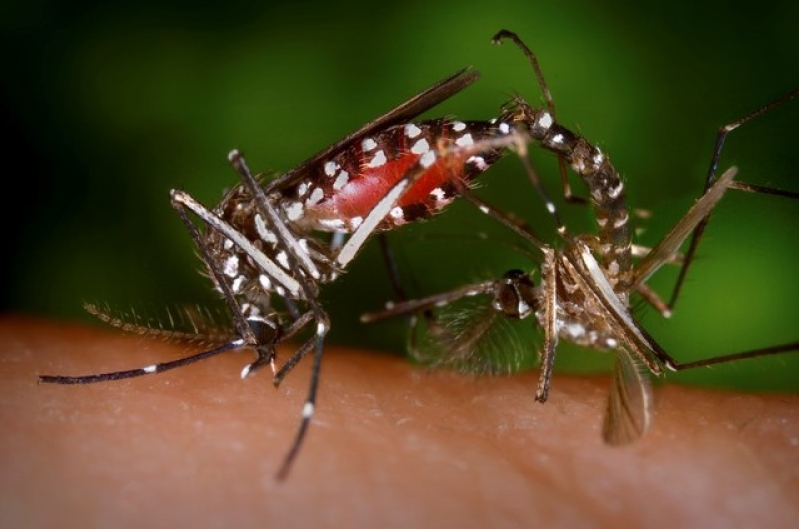
As if the Zika virus in Miami that has resulted in a travel advisory by the CDC is not enough, it seems that dengue, another virus has turned up in the aedes mosquito, which is also the very same vector that carries the Zika virus. This discovery came about after Florida health officials conducted tests on thousands of residents for the Zika virus. The health department has also confirmed of at least one case of locally acquired dengue virus, which would make it the second this year in Florida and the first in Miami.
In addition, Connecticut state health officials weighed in with the fact that a traveler from Connecticut caught the virus while in Florida. Zika and dengue are close relatives, since both of these diseases happen to be spread by the same mosquitoes. According to health experts, as long as you are able to locate dengue, then you would be able to find Zika as well.
It does not help the patient either that the viruses result in similar symptoms. There are people who might experience repeated dengue infections, which could eventually lead to a deadly hemorrhagic fever. Zika is not that deadly in that sense, since the main harm that the virus causes is to unborn babies. Mothers who are pregnant and infected by the Zika virus might see their bundles of joy suffer from birth defects.
Since both viruses are so closely related, tests tend to mix up both of them -- and to complicate matters further, there is a third relative in the picture: chikungunya. The Centers for Disease Control and Prevention has come up with a couple of tests which are able to diagnose Zika separately. One of them will hunt down the Zika virus alone, while the other is able to tell the difference between Zika, dengue and chikungunya so that the correct restorative steps can be taken.
As for how the dengue infection was discovered, this can be attributed to the fact that officials would be on the lookout for it. Dr. Peter Hotez, dean of tropical medicine at the Baylor College of Medicine, shared, "There's likely dengue and Zika in multiple areas of Florida and the Gulf Coast, but we're not looking."
So far, the state health department has tested over 8,300 people as it attempts to be ahead of the Zika virus, and there have been 120 home-grown cases discovered to date. These cases are presumed to be locally infected by the aedes mosquito which find themselves at home in Florida's warm and wet climate.
As of September 9, there has been no discovery of a Zika-infected mosquito, although new cases have been discovered on a nearly daily basis. This does not mean that people were infected recently, since tests can also pick up past infections. So far, Florida's health department has reported 125 locally transmitted cases of Zika virus infection. There remains another 700 cases which were carried by travelers, or cases that fell under the sexually transmitted category. Out of the lot, 92 are pregnant women. The number of pregnant women who might have been infected locally remains unknown.
As prevention is better than cure, you might want to get tested for Zika before trying for a baby, and if you are not infected, make sure you take the necessary precautions to prevent mosquitoes from getting even a drop of your blood.






